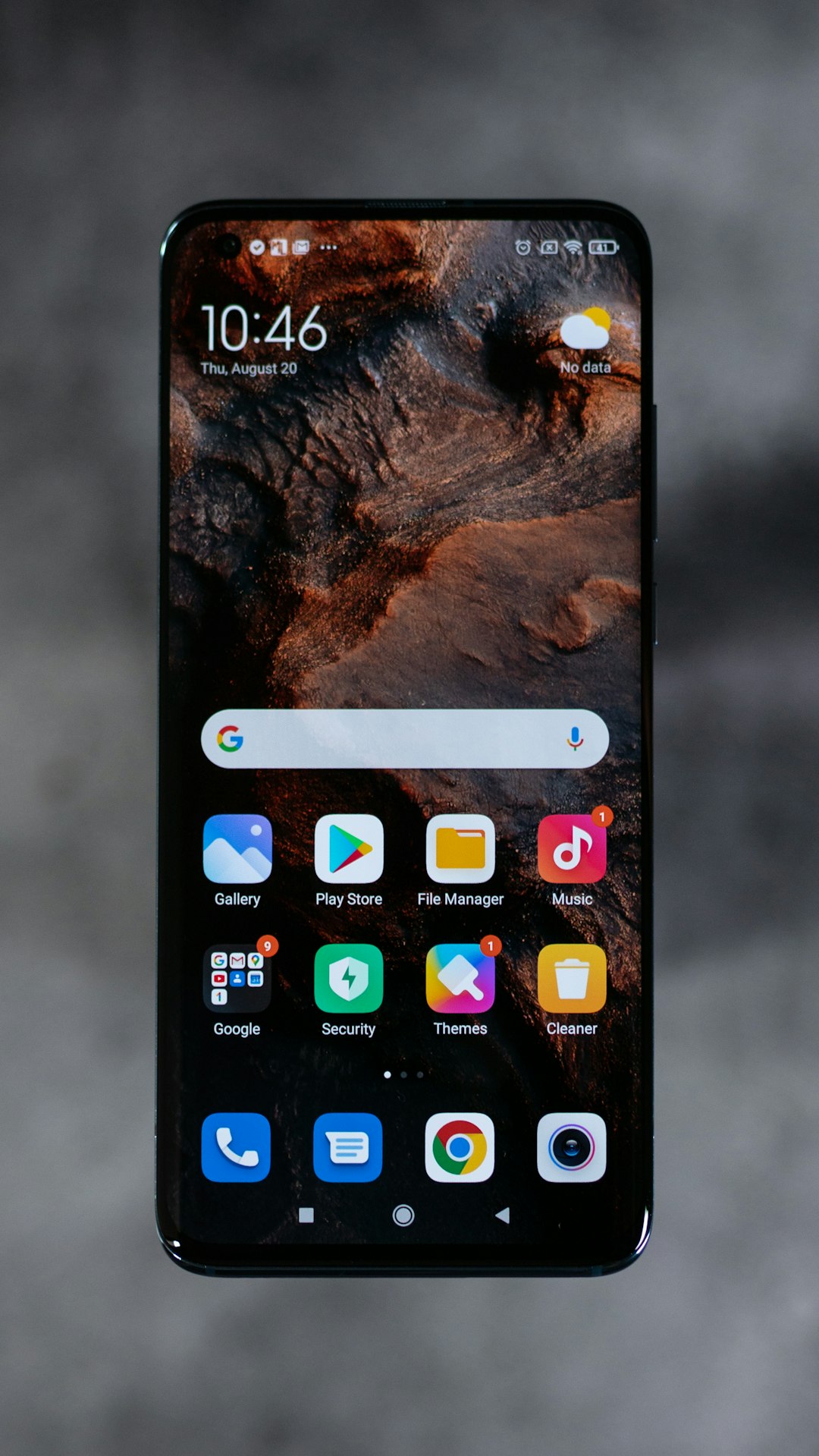San Antonio's legal community is addressing a surge in robocall complaints by specializing in TCPA-related lawsuits against intrusive telemarketing and debt collection calls. Recent high-profile cases have led to increased demand for robocall lawyers, who help residents secure substantial settlements. This has prompted legislative changes, with local lawmakers advocating for stricter regulations and penalties, making San Antonio a leader in anti-robocall legislation.
“San Antonio, like many cities nationwide, has seen a surge in automated phone calls—or robocalls—leading to a rise in consumer complaints. This has prompted a wave of robocall lawyers in San Antonio, who are fighting back against these intrusive and often fraudulent practices. In this article, we explore the robocall laws that have emerged, delve into high-profile lawsuits that have shaped legal strategies, and analyze their impact on San Antonio’s legislative landscape, highlighting potential future changes.”
Understanding Robocall Laws and Their Rise in San Antonio

In recent years, San Antonio has seen a surge in robocall complaints, leading to a growing demand for robocall lawyers in the area. These automated phone calls, often used for telemarketing or debt collection, have become a significant nuisance and legal issue for many residents. As a response to this rising problem, San Antonio’s legal landscape is evolving with new regulations and lawsuits targeting these intrusive calls.
Robocall laws, such as the Telephone Consumer Protection Act (TCPA), have been instrumental in limiting the practices of automated calling. However, with the ever-evolving methods of robocallers, staying ahead of their tactics requires vigilant legal oversight. Robocall lawyers San Antonio are increasingly engaged in landmark lawsuits that aim to protect consumers’ rights and establish precedents against these intrusive marketing strategies.
High-Profile Robocall Lawsuits: A Look at Notable Cases

In recent years, high-profile robocall lawsuits have brought attention to the impact of automated phone calls on consumers in San Antonio and across Texas. Notable cases have highlighted the need for stricter regulations and better protections for citizens deluged with unwanted and often fraudulent robocalls. One such lawsuit involved a group of residents who successfully sued a telemarketing company for violating state laws, resulting in a substantial settlement. This case served as a wake-up call for many, demonstrating that individuals do have rights against intrusive and illegal robocalls.
Robocall lawyers in San Antonio have played a crucial role in these legal battles, helping consumers navigate complex litigation processes and secure justice. Their expertise lies in understanding the intricate details of telecommunications laws and utilizing them to hold offenders accountable. Through these lawsuits, citizens can not only receive monetary compensation but also contribute to shaping legislation that limits abusive robocall practices, ensuring a quieter and more peaceful communication environment for all San Antonio residents.
The Impact on Legislation: Changes and Future Prospects for San Antonio

The recent wave of landmark robocall lawsuits has significantly influenced legislation in San Antonio, leading to much-needed changes in consumer protection laws. As a direct result, the city has witnessed an enhanced focus on curbing automated phone marketing tactics that invade personal privacy. Local lawmakers are now more attuned to the challenges posed by robocalls, pushing for stricter regulations and penalties for violators. This shift is evident in the increased scrutiny of telemarketing practices and the implementation of robust opt-out mechanisms for residents.
San Antonio’s legislative landscape is evolving to better protect its citizens from intrusive robocalls. With ongoing support from consumer advocacy groups and the growing demand for justice among affected residents, the city is poised to establish itself as a leader in anti-robocall legislation. Future prospects look promising, with potential expansions of existing laws and the integration of advanced technologies to combat these persistent nuisance calls.






